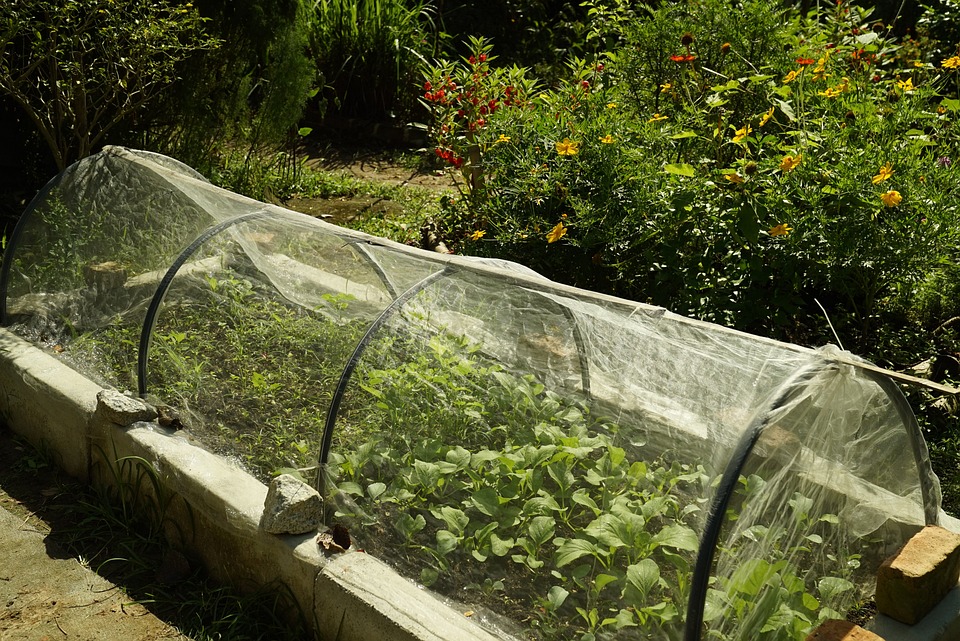Community gardens offer people access to gardening when they might not otherwise have it. Social prescribing is an approach that connects people to activities, groups, and services in the community to meet practical, social, and emotional needs of mental and physical health – rather than just relying on medication.
Green social prescribing more specifically supports people to engage in nature-based interventions, including walking schemes, green gyms, open water swimming and projects within community gardens.
Being part of a community garden project can help reduce feelings of depression, anxiety, and anger. It helps to create a sense of belonging in a community and encourages physical activity (weeding can be hard work) and healthy eating (as you get access to the lovely things you grow).

Why we're interested in this for healthcare
The NHS Long Term Plan sets out to embed social prescribing and community-based approaches across the NHS and wider healthcare sector. Social prescribing is especially beneficial for communities that suffer from health inequalities, such as reduced access to green spaces.
A fully embedded social prescribing programme could lead to 4.5 million fewer GP appointments per year.
Community gardens are not only excellent for social prescribing, but they also enhance our shared environment, adding to green spaces and biodiversity in the area. We know that a healthier environment contributes to healthier people.
Check out these community gardens around Sussex:
- Brighton – One Garden – Stanmer Park
- Brighton – Moulsecoomb Forest Garden
- Chichester – Bishops Palace Garden
- Chichester – Oaklands Park Community Orchard
- Eastbourne – Edible Eastbourne
- Eastbourne – Gather Community Garden
- Haywards Heath – Grove Garden
- Steyning – Rock Farm
- Worthing – Breathing Spaces Community Flower Farm

